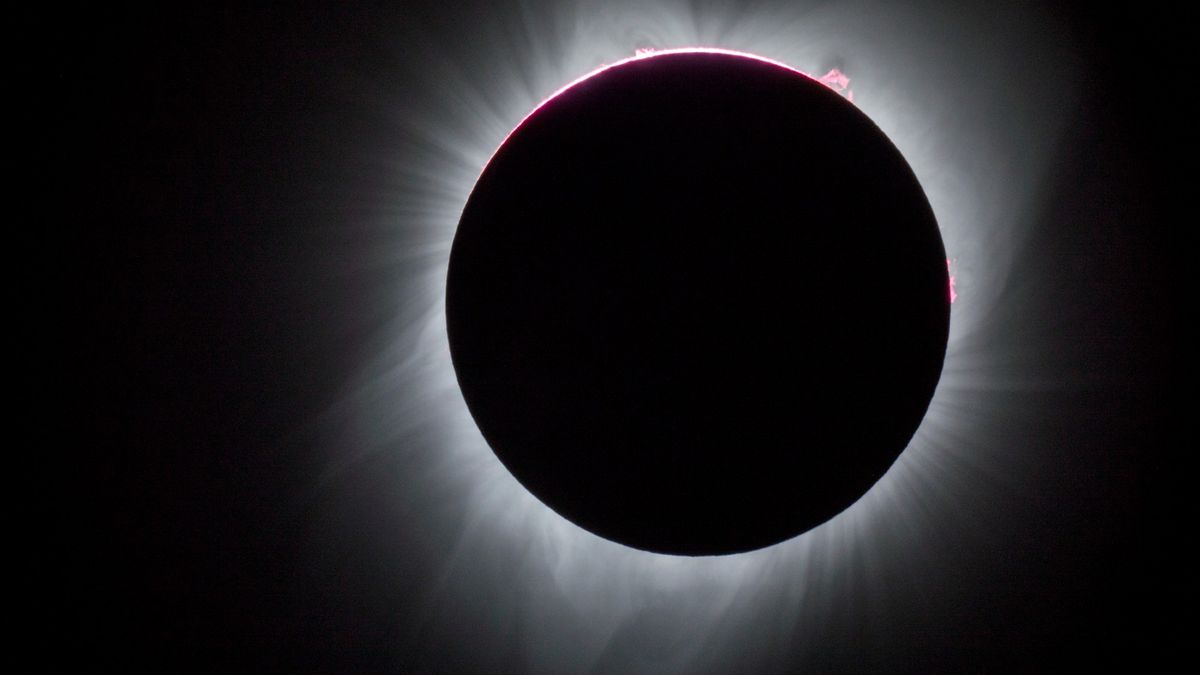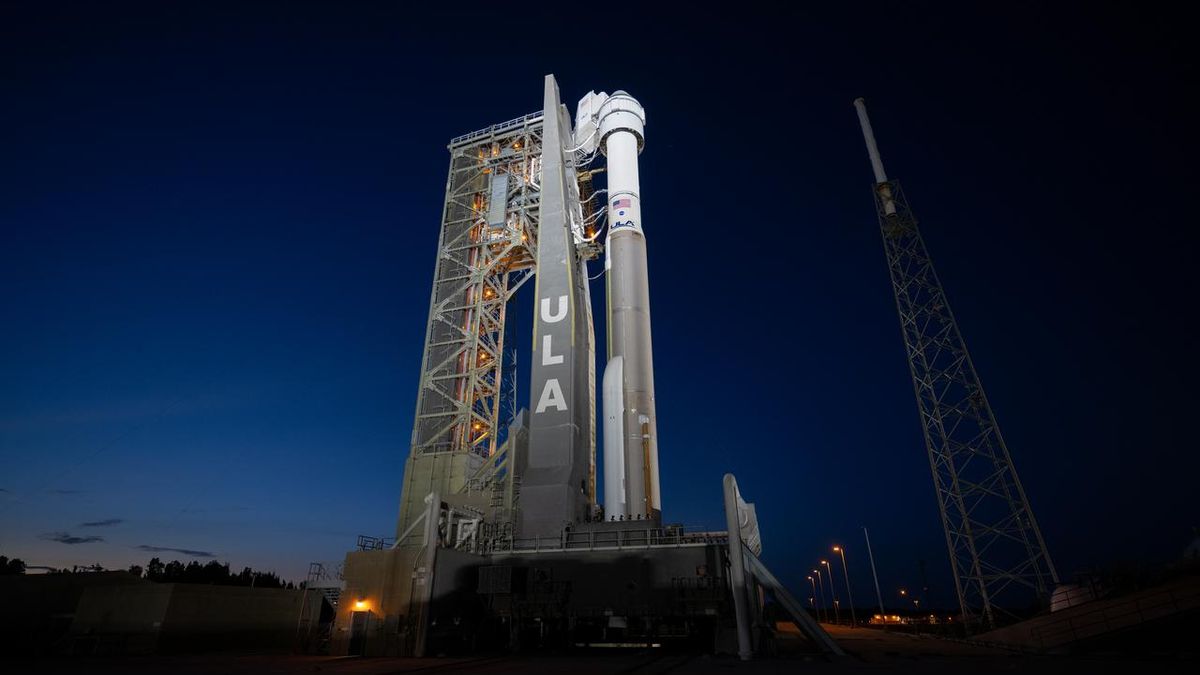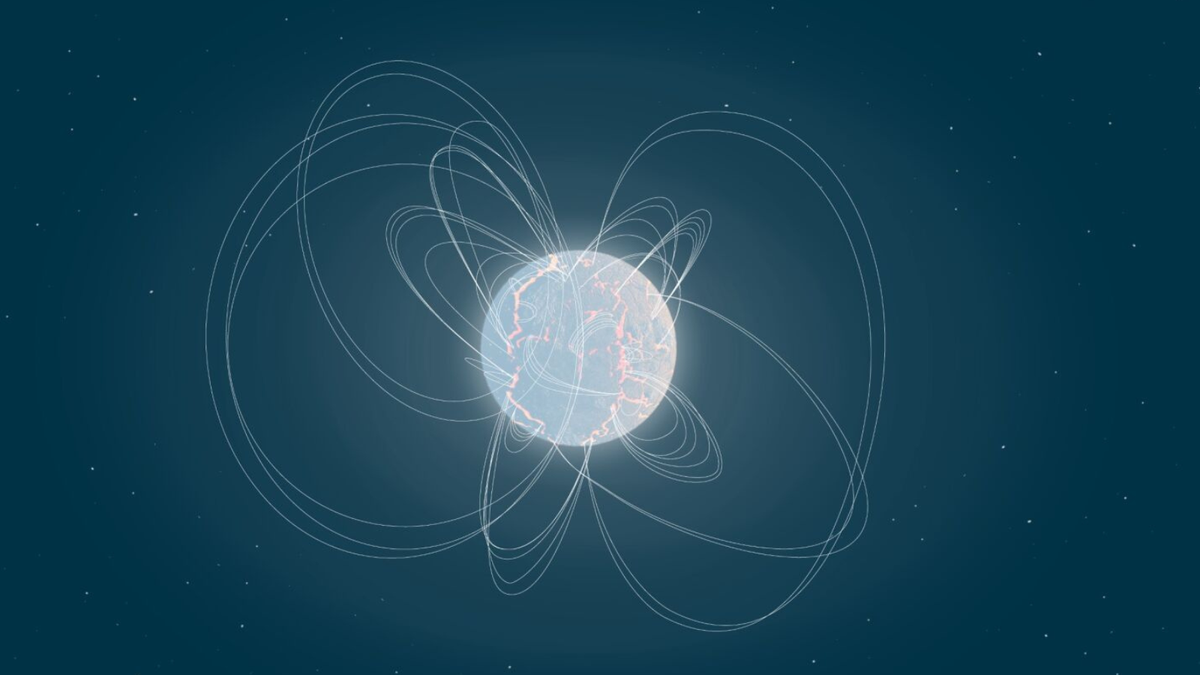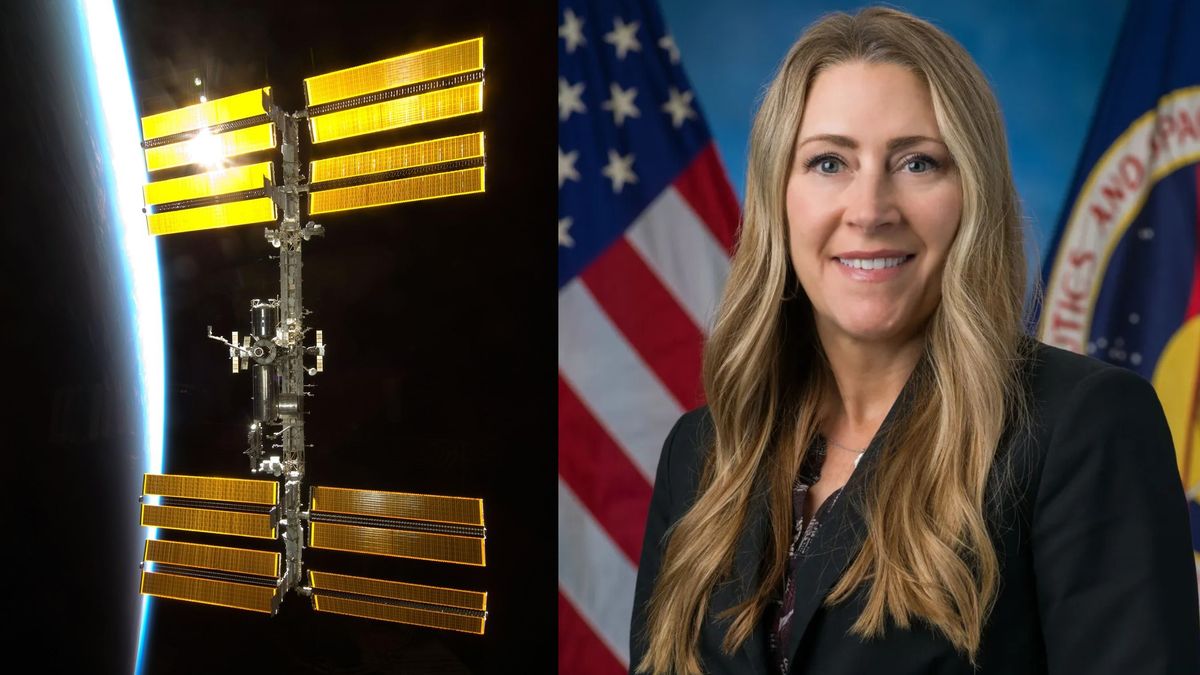New NASA Astronauts Ready to Observe Total Solar Eclipse
Recently, NASA welcomed its new astronaut, Andre Douglas, who has a background in studying the behavior of the sun. Having completed basic training on March 5, Douglas is well-positioned to discuss the upcoming total solar eclipse set to cross the United States on April 8.
Sun Science Expertise
Douglas was previously involved in a mission proposal focused on sun science, particularly examining the solar cycle and the heliosphere. The heliosphere encompasses the solar system’s bubble where the solar wind exerts its effects, leading to phenomena like the northern lights. His work on the SIHLA mission proposal highlighted the importance of understanding the sun’s behavior and its impact on Earth.
Although SIHLA was not ultimately chosen for launch, Douglas’s contributions extended to other NASA projects, such as the DART mission, which successfully redirected an asteroid moonlet in 2022. His experience as an engineer at Johns Hopkins University Applied Physics Laboratory equipped him with the skills to tackle complex challenges in space exploration.
Stellar Insights
Joining Douglas in the excitement for the upcoming total solar eclipse is Christopher Williams, a seasoned astrophysicist and medical physicist. Williams, who has delved into radio astronomy research, brings a wealth of knowledge to the table when it comes to understanding celestial phenomena.
Williams’s work with the U.S. Naval Research Laboratory involved studying supernovas and their radio emissions, shedding light on the evolution of stars. His past involvement with the Karl G. Jansky Very Large Array in New Mexico provided valuable insights into the universe’s early stages following the Big Bang.
Cosmic Explorations
Williams’s endeavors with MIT further expanded his research horizons, focusing on cosmology and the formation of galaxies. His collaboration on the Murchison Widefield Array project in Australia aimed to capture the universe’s ‘Dark Ages’ shortly after the Big Bang, offering a glimpse into the early evolution of the cosmos.
Through efforts like these, scientists like Williams are uncovering the secrets of the universe’s origins and the processes that shaped the cosmos we see today. Their dedication to unraveling these cosmic mysteries highlights the vast expanse of knowledge awaiting discovery.
Preparations for the Solar Eclipse
As the total solar eclipse approaches, the new NASA astronauts, including Jessica Wittner and Jack Hathaway, are gearing up to witness this rare celestial event. Wittner, a naval aviator and test pilot, fondly recalls her childhood fascination with space and the thrill of observing a solar eclipse.
Similarly, Hathaway expresses enthusiasm for sharing the eclipse experience with his children, emphasizing the wonder and awe inspired by cosmic events. For these astronauts, the solar eclipse represents not only a scientific opportunity but also a chance to reconnect with the sense of wonder that drew them to space exploration.
Image/Photo credit: source url





